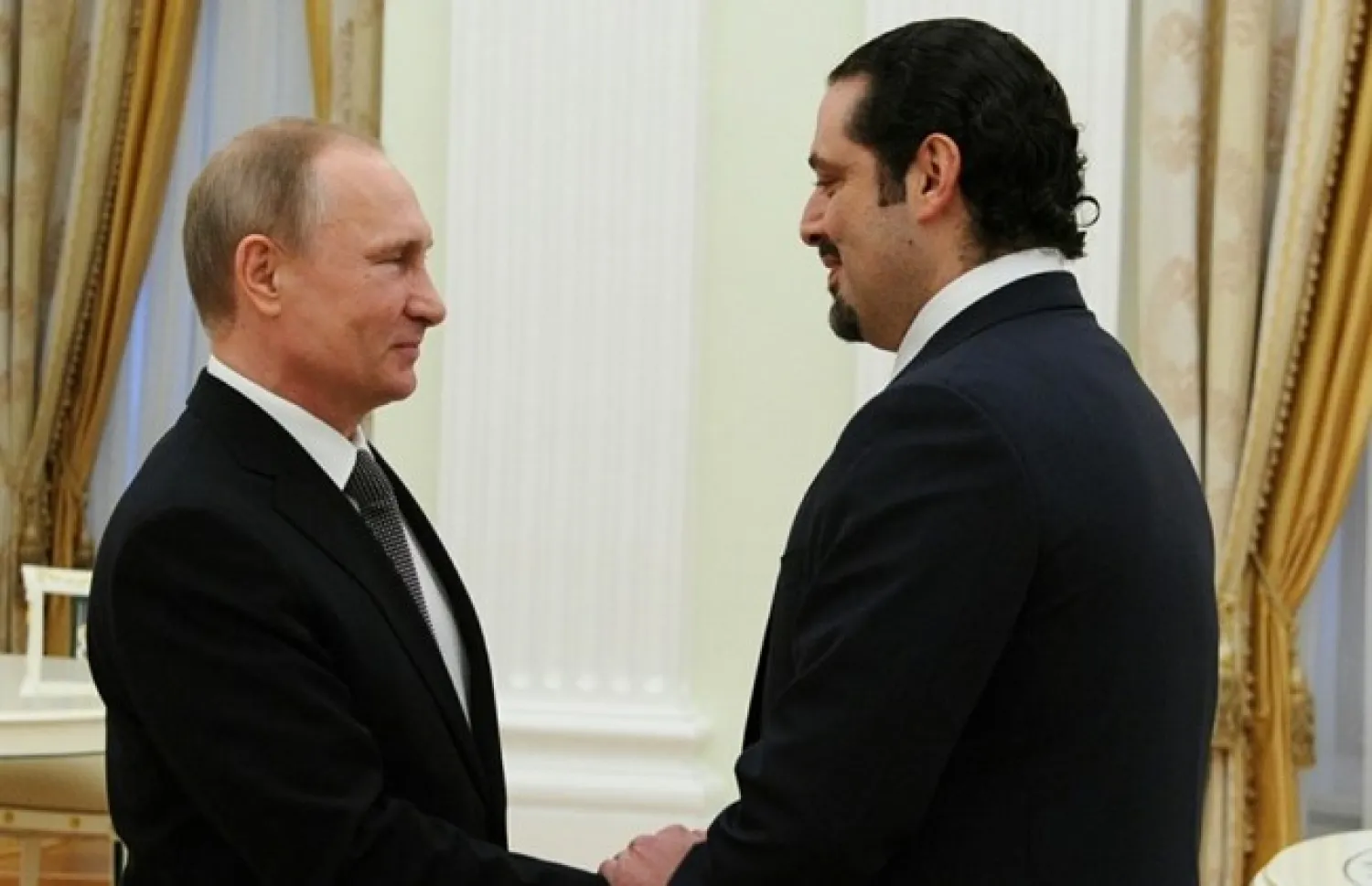Lebanese Prime Minister Saad al-Hariri and Russian President Vladimir Putin discussed means to consolidate bilateral relations and to expand cooperation between the two countries.
Putin received Hariri at his residence in Sochi on Wednesday and expressed confidence that the agreements reached during the Lebanese premier’s talks with his Russian counterpart, Dmitry Medvedev, “will work for the positive development of bilateral relations.”
The meeting was attended by Russian Foreign Minister Sergei Lavrov, Russian Economic Development Minister Maxim Oreshkin, Putin’s advisor for international affairs Yuri Ushakov, Hariri’s chief of staff Nader Hariri and his advisor for Russian affairs Georges Chaaban.
In remarks following the meeting, Hariri said: “We discussed many issues that interest both the two countries, especially the economic issues,” noting that Wednesday’s talks with Medvedev have also focused on economic cooperation and Russia’s military assistance to Lebanon.
Underlining Russia’s support to Lebanon’s neutrality, Hariri said: “Lebanon has been able to protect itself from all the repercussions of what is happening around it. It has shown that the path to stability is political understanding.”
Asked about Russian military aid to the country, the Lebanese premier said: “Military cooperation between Russia and Lebanon is important, and there is great collaboration between Lebanese and Russian intelligence.”
“We are in the same war against terrorism,” he stressed. “At the same time, we are trying to build up the Lebanese armed forces and security forces. We talked about this with President Putin, and I think this relation will be good between the two countries,” he added.
Hariri invited Russian companies to invest in Lebanon.
“We hope that Russian companies will invest in projects in Lebanon. Several companies participated in tenders for gas exploration. They have real opportunities of success,” he noted.
The Lebanese official also said that he discussed with Putin the situation in Syria and the need to consolidate stability.
“For President Putin and me, stability in Syria is going through various stages, and this is the beginning of a stage. It is very important that all countries that are supervising this with Russia be sincere in this regard,” Hariri said.
He also expressed the need to commit to the de-escalation zones.
“For President Putin, it is important that this continues and it is the responsibility of the countries involved in it, and then the political solution will begin,” he noted.









